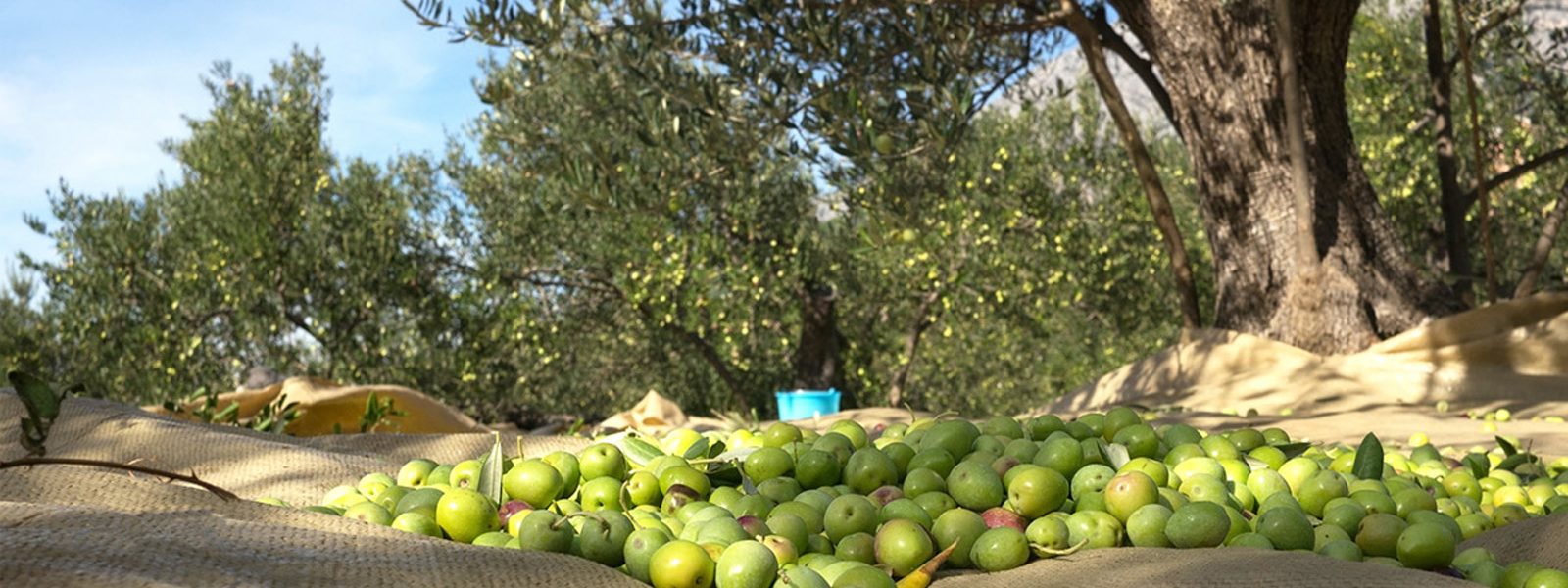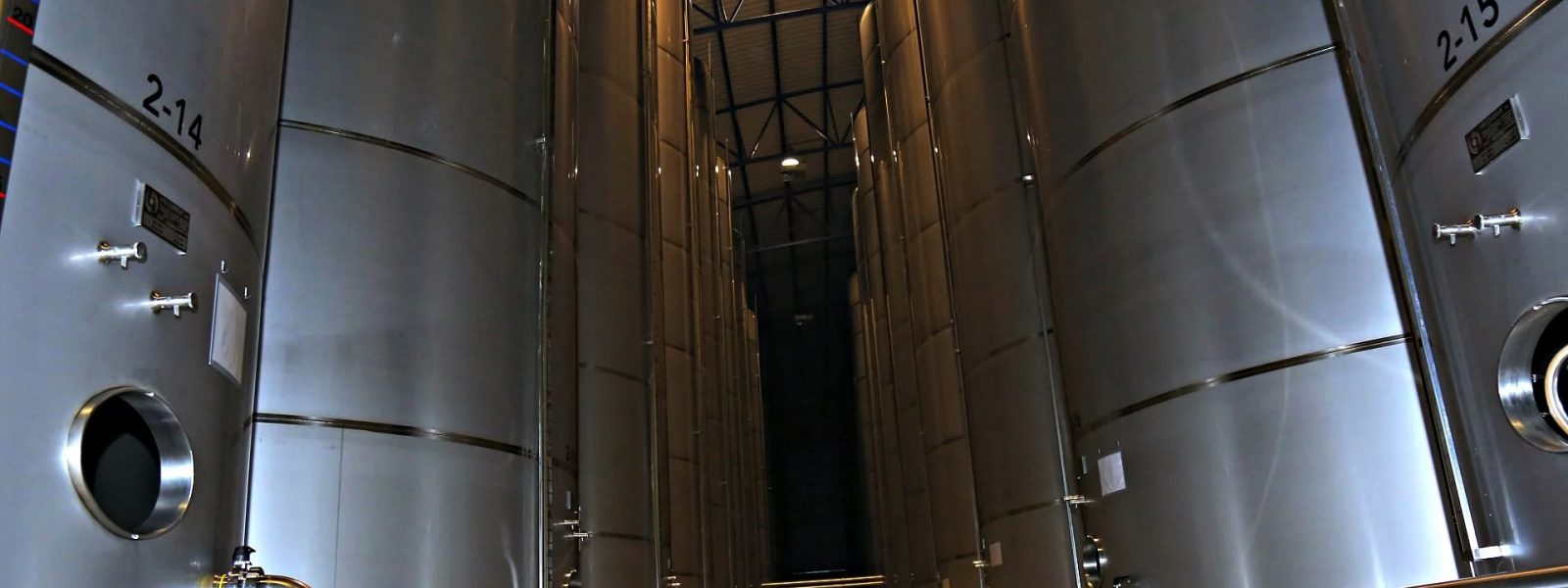Laboratory
The technological advances in fats and oils analysis have been accompanied by a growing awareness of the need for ever more effective control of the purity and quality of the olive oils, particularly to detect fraud.
Since its effective creation, in October 2009, TUNIHUILE laboratory has been working on the quality control of olive oil, according to the international standards of olive oil council, that require, to ascertain oil grade, sensory assessement by tasting panel, and three analytical tests:
- Free acidity (%)
- Peroxide value
- U.V Absorbency
For the more, The adulteration of oil can be no more serious than passing off inferior, but safe, product as superior olive oil, but there are no guarantees. So, to detect some sorts of frauds, such as seed oils, desterolised seed oils, olive-pomace oil, other purity analysis are being performed, mainly:
- Fatty acids composition
- Sterolic composition and stigmastadienes content
- Wax and esters alkyls contents…
- Olive oil could also be chemically contaminated by some halogenated solvents known as perchloroethylenes
- Waxes and alkyl esters
- Pesticides residues and phtalates traces
- Aliphatic alcohols
- Other chemical contaminants




